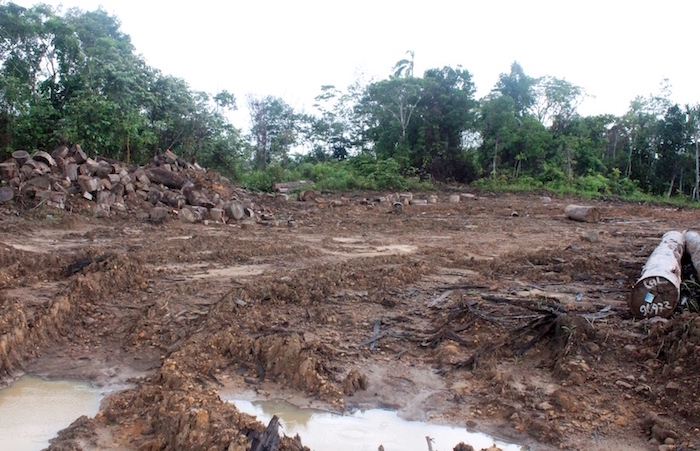
The SABL land grab has once again raised the issue of compensation for rural communities when outsiders unlawfully occupy or cause damage on their land. How do you assess the losses when there are no market values for customary land in Papua New Guinea?
This question is becoming increasingly important as more and more clans and communities find their land being unlawfully acquired or occupied by outsiders. This is occurring, not just through unlawful leases, but also through logging licences and mining permits and other legal instruments issued without the free, informed prior consent of local people.
Dr Tim Anderson from the University of Sydney has developed a unique framework for assessing the compensation that could be payable.
The framework brings together a wide range of research on the subsistence value of customary land, its social values and the value of ecological goods and services as well as the contribution of customary land to the often ignored rural cash economy.
The results show the compensation payable by government to rural communities could be huge where it is government departments that are responsible for issuing unlawful leases, licences or permits.
Applying the framework in a theoretical example, Dr Anderson has estimated a small community of just five families who have 200 hectares of land wrongly taken for 5 years and lose 60 cubic metres of timber to logging, could claim compensation of K871,600.
The framework should be of great interest to lawyers and academics as well as the communities who could benefit from using the new approach and the government agencies who could be faced with large claims for compensation.
The work is also of wider applicability, as it highlights the value of customary land when it is left in community hands and debunks the myth that rural land need to be ‘freed up’ or ‘unlocked’ to tap its true potential or bring development.
Dr Anderson’s work was commissioned by ACT NOW! as part of its work to promote the retention of customary land in local hands.
| Attachment | Size |
|---|---|
| 60.43 KB |
- ACTNOW's blog
- Log in to post comments
